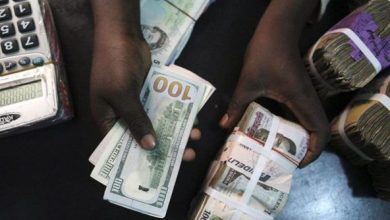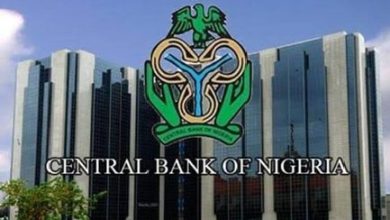Nigeria Records $3.73 Billion Current Account Surplus in Q1 2025
Nigeria recorded a $3.73 billion current account surplus in Q1 2025, boosted by exports.
Non-oil and gas exports rose sharply, while imports and foreign investment inflows declined slightly.
Nigeria posted a current account surplus of $3.73 billion in the first quarter (Q1) of 2025, driven by a sharp rise in non-oil exports and a rebound in the goods account, according to the latest Balance of Payments (BoP) report released by the Central Bank of Nigeria (CBN).
Though slightly lower than the $3.80 billion recorded in Q4 2024, the Q1 2025 surplus represents a marginal year-on-year improvement from the $3.69 billion recorded in Q1 2024, reflecting continued resilience in the external sector despite global economic uncertainties.
The goods account, Nigeria’s most significant current account component, delivered a robust surplus of $4.16 billion, up from $2.62 billion in the previous quarter. This was underpinned by a 30.39% jump in non-oil exports, which climbed to $2.66 billion, alongside a notable rise in gas exports from $2.10 billion to $2.66 billion.
Crude oil exports also remained strong, reaching $8.59 billion. In total, exports rose 9.79% to $13.91 billion in Q1 2025, bolstered by a weakened naira that improved the global competitiveness of Nigerian products. Imports, meanwhile, declined to $9.75 billion from $10.05 billion in Q4, driven by a drop in petroleum and non-oil imports, further improving the trade position.
Despite gains in merchandise trade, other components of the current account continued to struggle. The services account posted a net outflow of $3.69 billion, up from $3.48 billion in Q4 2024, due to increased payments for travel and business services and declining receipts from financial services.
The primary income account, which tracks earnings and payments on investments, recorded a deeper deficit of $2.02 billion, up 13.48% quarter-on-quarter, mainly because of rising interest obligations to foreign investors.
In contrast, the secondary income account, which includes diaspora remittances and foreign aid, posted a net inflow of $5.29 billion. However, this was down from $6.44 billion in the previous quarter, with personal remittances dipping slightly to $4.93 billion. A decline in foreign aid was also observed, likely tied to a recent U.S. executive order that affected overseas support.
Nigeria’s financial account balance fell to $7.58 billion in Q1 2025, compared to $7.82 billion in Q4 2024. The drop was driven by a sharp reversal in foreign portfolio investment, which swung to a net divestment of $5.03 billion. Direct investment inflows declined slightly to $0.25 billion from $0.31 billion.
Other investment liabilities were reversed by $4.32 billion, while there was an outflow of $1.31 billion in other investment assets, indicating heightened capital repatriation. Outflows also persisted in portfolio assets ($0.48 billion), and direct investment assets reversed by $0.55 billion.
Net errors and omissions amounted to $3.85 billion, slightly below the $4.02 billion recorded in Q4 2024.
Overall balance of payments in deficit
Despite the positive current account figures, Nigeria’s overall balance of payments posted a deficit of $2.77 billion in Q1 2025. This reflects broader pressures on the financial account and capital flows.
As a result, the country’s external reserves dropped to $37.82 billion as of end-March 2025, down from $40.19 billion at the end of December 2024, underlining ongoing external sector challenges.
The CBN data underscores Nigeria’s continued reliance on volatile capital flows and highlights the urgent need to deepen non-oil export capacity, attract stable investment, and stabilize the external reserves base.



